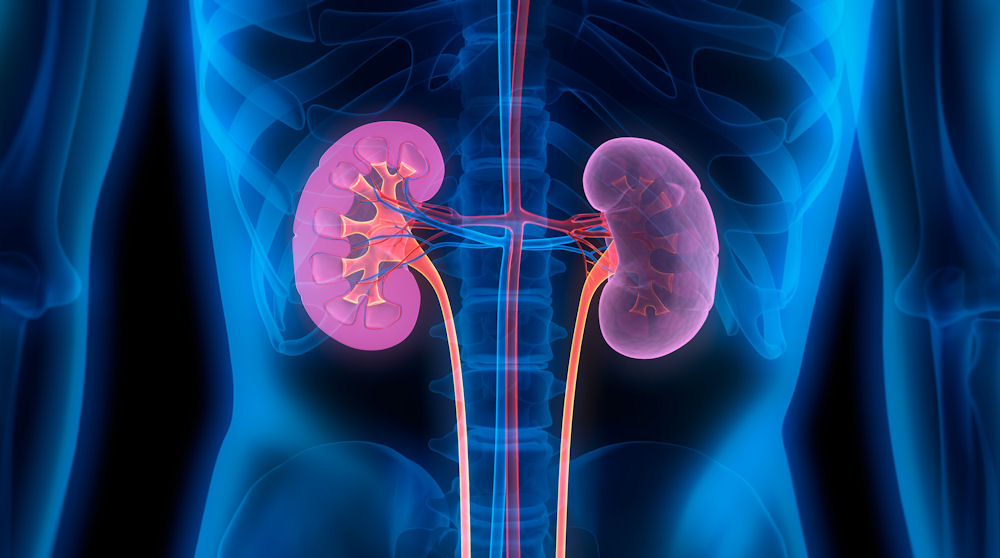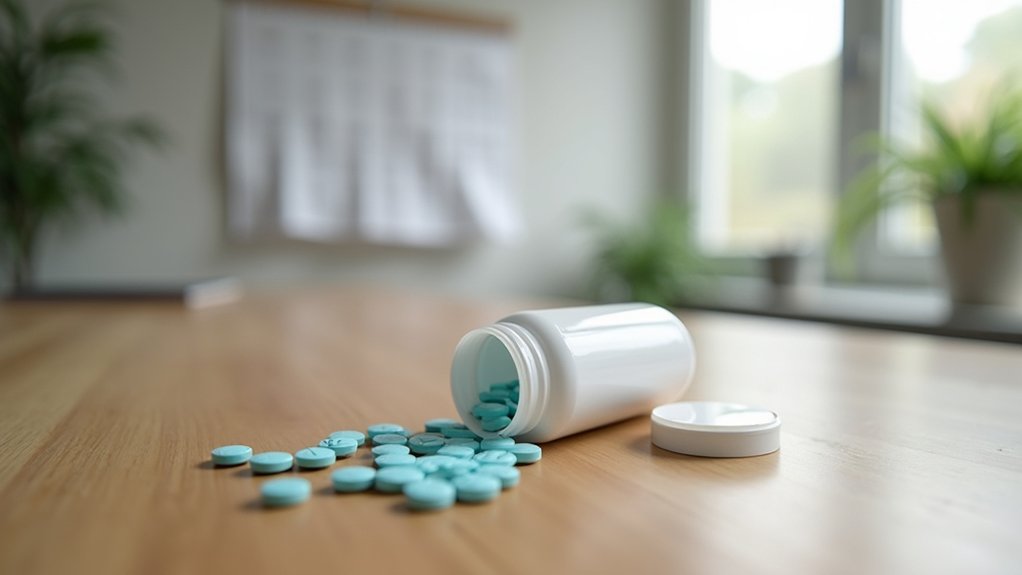Alcohol’s Affect On the Kidneys
Alcohol’s well-documented harm on the liver overshadows the lesser-known, equal harm it has on the kidneys. Therefore, the short answer to “Does drinking affect your kidneys,” is yes. However, the answer and depth of why runs much deeper than a simple yes or no question. Allow this blueprint for alcohol addiction and its effects on your kidneys and other vital functions to be your motivation for rehab.
At Immersive Recovery in Encinitas, California, our men’s alcohol rehab center can help you or a loved one live healthy and sober, breaking the stigma and cycle of addiction.
How Does Drinking Affect Your Kidneys?
Alcohol has very specific harm to kidney functions in a variety of ways. All of which can trickle down into deeper, more dangerous permanent health problems over time. Pursue prompt therapeutic and doctoral consultation if you show any signs or indications of the following alcohol-induced kidney effects.
Toxin Filtration Deficiencies
One of the key functions of your kidneys is to filter out and eliminate harmful toxins from your body. Alcohol consumption hinders this process significantly, causing more harmful toxins to enter the body without any filtration. This is because alcohol in itself is considered a poison to the body. Therefore, the more you drink, the more overwhelmed your kidneys become. Eventually, this can lead to permanent filtration deprivation that permits more life-threatening toxins into the body.
Kidney Disease
A long-term effect of alcohol on kidneys is kidney disease. This stems from persistently induced high blood pressure as HBP and kidney disease go hand-in-hand. Likewise do alcohol and high blood pressure. Sources cite that any individual who consumes an average of two drinks a day has high blood pressure. Considering most, if not all rarely stop at one, this puts almost anybody who is a drinker at risk for kidney disease. This occurs because increased blood flow associated with high blood pressure pushes more blood through the kidneys than they can handle to eliminate necessary toxins. Put simply, if you force too much into the filtration system, the filtration system can’t keep up.
Trickle-Down Harms from Liver Damage
Alcohol consumption leads to kidney issues from trickle-down effects from permanent liver damage such as liver disease. First and foremost, alcohol gradually destroys liver functions. The liver, the primary processor of all things consumed, helps regulate how much of a workload your kidney receives. However, since the liver can only process small amounts of alcohol, more pressure and work are defaulted to the kidneys. Not only is this one of the ways of destroying kidney filtration but leads to further kidney harm from liver damage.
Dehydration
One of the kidney’s vital functions is to help your body sustain an equilibrium of water to function efficiently. Alcohol not only harms kidneys in general, but its dehydrating effects also destabilize this vital kidney action of retaining water-powered kidney functions. Prolonged alcohol use can ultimately lead to severe bodily mineral deficiencies that take a toll on your kidneys and other organs.
Weakened Immune System
Another long-term impact of alcohol on kidney function is the trickle-down effect on your immune system. Persistent alcohol intake means more harmful toxins, which means more T-cells released to fight off foreign invaders. Over time, this persistent indulgence leads to an increased risk of infections, including several cancers. Thankfully, it’s never too late to help restore your immune system by getting help for alcohol addiction today.
Irreparable Central Nervous System Damage
Recent studies have found a direct link between prolonged alcohol use and permanent damage to the central nervous system. Since alcohol is a depressant and destabilizes neuronic frequencies, this persistent slowing of the brain’s reactionary and cognitive portions has long-term effects on the nervous system. These prolonged effects include permanently damaged brain regions and can lead to higher susceptibility to Parkinson’s disease and other permanent nerve damage.

What are the Signs of Alcohol-induced Kidney Damage?
Kidney damage from alcohol use manifests itself in a plethora of visual and painful characteristics. Seek medical diagnosis and alcohol addiction treatment to prevent further damage if any of the following symptoms describe you.
Pain When Urinating
Anybody feeling pain when urinating should consult a physician as this is one of the common signs of alcohol-causing kidney damage. Thankfully, for some, seeking medical attention after this symptom could help you catch the signs early. From this point forward, there still may be time to reverse some or all of the harm inflicted on your kidneys from alcohol use.
Nausea
Nausea with or without vomiting is a tell-tale sign of kidney damage, particularly if this is a persistent occurrence. This is especially the case if your nausea is unfounded with no other apparent sickness explanation. While nausea can explain many other illnesses, if you consider yourself a drinker, seek immediate diagnosis. This helps confirm or rule out kidney damage and enables your physician to chart efficient rehab routes centered around your conditions.
Insomnia
Kidney-disrupted processes also induce disturbed sleeping patterns. This can cause erratic and repetitive awakenings throughout the night. Even worse, it can prevent sleep entirely and cause long stretches with no sleep. This, in turn, takes a deeper toll on kidneys and other organs due to lack of sleep which is vital for bodily repair. If you’re unsure whether your sleep problems are alcohol-related kidney damage, our medical team helps assess underlying insomnia causes.
Headaches
When organs like your kidneys aren’t receiving the proper nutrients and are being pummeled with harmful alcoholic toxins, headaches can occur. These headaches can range from mild to severe, even to migraine degrees depending on the severity and extent of damage. This is one of the physical manifestations of your body warning you it is being internally compromised. These headaches are more than just hangover-related. These headaches can onset at spontaneous points, seemingly with no apparent cause.
Unfounded Weariness
Unexplainable fatigue unrelated to a hangover is a sign of underlying kidney damage. This is due to your kidneys working overtime, inducing physical weariness or fatigue. Speak to a medical diagnosis team if you are feeling unusual weariness despite getting good sleep. Don’t let alcohol-induced fatigue take control by taking away the energy you need to live life to the fullest. Get the help you need today.
Chest Pains
Chest pains from alcohol consumption are a very telling sign of failing kidney functions. This occurs when toxins build up in your body to the point of causing physical pain in areas like your chest, arms, or legs. This, like most of the other symptoms, is not a sign to be ignored. It’s important to listen to these physical signs as they can lead to other more serious conditions if not adhered to. Reach out to our caring specialists to reverse kidney damage-related pain and regain your health.

Can you Reverse Kidney Damage from Alcohol?
Much like the question, “Does drinking affect your kidneys?”, the short answer to whether or not kidney damage is reversible is yes, but with a caveat. To elaborate, most forms of kidney damage can be reversed if drinking has not already caused permanent long-term health conditions like kidney disease. For example, you can restore the same or similar levels of toxin-cleansing capabilities the longer you go without consuming alcohol. This restoration of kidney function helps stabilize other vital functions, inadvertently improving collective organ health.
Treatment Options for Alcohol Addiction
All of our alcohol addiction treatment programs are meticulously engineered for your personal needs. Subsequently, each of the following treatment programs is equally designed to treat your substance-specific rehab.
Medical Detox
Alcohol detox is just as important, if not more so than other substance detox programs. Ridding alcohol from your body through professional detox is the only way to properly remove alcohol-induced cravings and bodily harm. This is partially because, based on dependence severity, withdrawal symptoms can worsen organ damage without medical detox. Another reason medical detox is necessary in most cases is because there is no better way to reduce and eliminate cravings and withdrawal symptoms than substance detox programs. That’s why completing our detox program paves the way for an easier and more enjoyable recovery journey.
Medication-Assisted Treatment
Medically-administered prescription-based treatment makes sobriety more achievable and enjoyable for those who qualify. Most medication-assisted treatments are for the most severe cases of addiction that require medications to recover from withdrawals, cravings, and organ deficiencies. However, there are some exceptions based on the depth of your struggle and the necessities of individual recovery needs. Reach out to our treatment assessment representatives to learn more.
Partial Hospitalization Treatment
Alcohol addiction treatment often requires heavy monitoring and a high therapist-to-patient attentiveness ratio to ensure recovery efficiency. This is precisely the highest quality support Immersive Recovery PHP treatment affords our patients. While all our programs offer unparalleled quality and support, there’s no greater access to maximizing these tools than partial hospitalization therapy.
Intensive Outpatient Therapy

Break the Cycle of Addiction at Immersive Recovery
We understand one of the hardest things to do in life is to break addiction patterns. We’re here to help you get over that bump and thrive in the joys of sober life in ways you never thought possible. Thanks to our unparalleled treatment and thorough techniques, you’ll never want to turn back and always look forward to living life to the fullest in sobriety. Reach out to us today to break the cycle and unlock your limitless potential.





